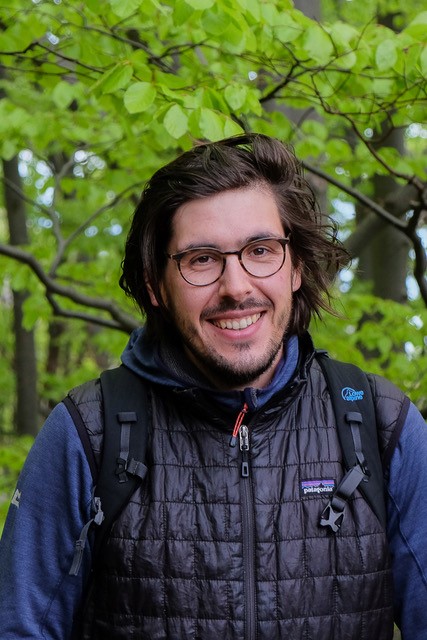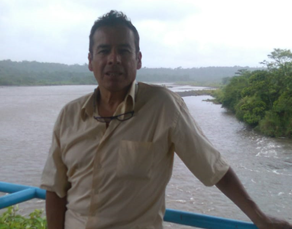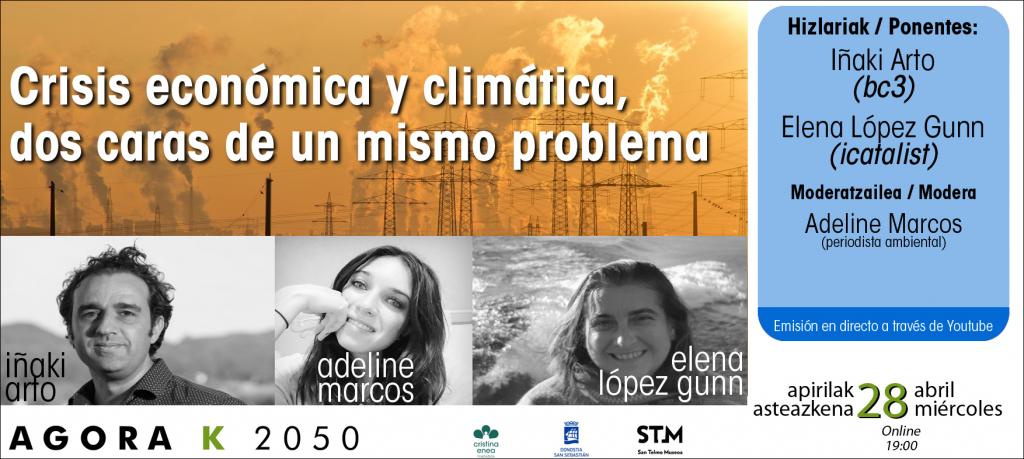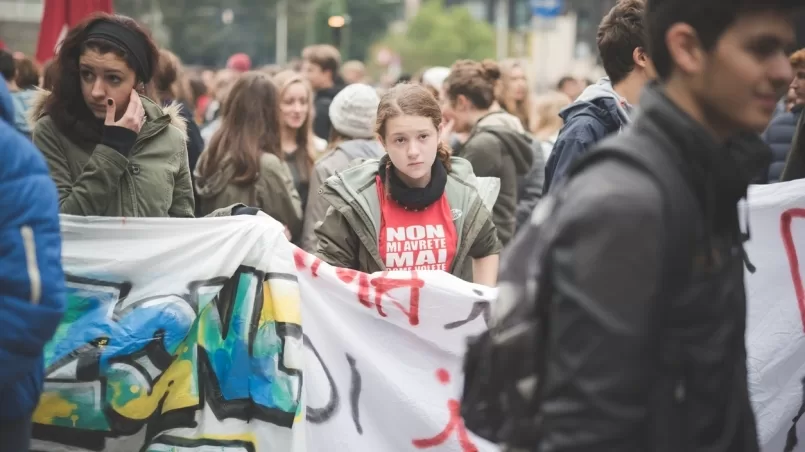Seminarios
BC3 Seminar: Which fossil fuel prices promote innovation in electricity generation? Evidence before and after the shale gas revolution
BC3-Basque Centre for Climate Change Sede Building 1, 1st floor, Scientific Park of the University of the Basque Country, Leioa, Bizkaia, SpainWe evaluate the heterogeneous roles of fossil fuel prices on fossil fuel and renewable energy innovation in the electricity sector. Our analysis of a global firm-level electricity patent database from 1963 to 2016 suggests the relative impact of coal and natural gas prices on renewable innovation varies before and after the early 2000s’ shale gas revolution. Specifically, an increase in the coal-natural gas price ratio reduces renewable energy innovation before 2002, while increasing it after 2002. Therefore, policymakers must consider the coal-to-gas switch to effectively shift electricity-generating innovation away from carbon-intense technologies
RUMIANTES Y CAMBIO CLIMÁTICO ¿Ángeles o demonios?
BC3-Basque Centre for Climate Change Sede Building 1, 1st floor, Scientific Park of the University of the Basque Country, Leioa, Bizkaia, Spain¿Dejar de comer carne de vaca es la solución al cambio climático? ¿Cómo se está midiendo el impacto de los rumiantes en el medio ambiente? ¿Cómo estamos dando esa información? ¿Cómo la interpretamos?
El próximo 28 de octubre , desde BC3 - Basque Centre for Climate Change vamos a poner sobre la mesa este tema de la mano de Pablo Manzano (Universidad de Helsinki), Agustín del Prado ( BC3) y otros investigadores de distintos centros de investigación.
El objetivo de este coloquio es analizar de una forma más pausada toda la polémica de los últimos tiempos sobre el consumo de carne de rumiantes y su impacto para el medio ambiente.
BC3 Seminar: Can co-creation of (students of) the arts and sciences enhance public climate-consciousness?
BC3-Basque Centre for Climate Change Sede Building 1, 1st floor, Scientific Park of the University of the Basque Country, Leioa, Bizkaia, SpainOne of the most challenging aspects of the Anthropocene and ongoing climate change is the aspect of change. Environments change, we change environments, so now humanity needs to change. Change our perceptions of the planet and the self, our research and working methods, our idiom and visual narratives, and also teaching methods. Drawing from experiences of artists collective Satellietgroep and the educational pilot project called Beyond Technology, Dutch artist-curator Jacqueline Heerema shares methods that target at inclusive co-creation of knowledge to enhance professional and public climate-consciousness.
BC3 Seminar: European forest ecosystem dynamics mapped from space
BC3-Basque Centre for Climate Change Sede Building 1, 1st floor, Scientific Park of the University of the Basque Country, Leioa, Bizkaia, SpainIncreasing mortality has been reported for many forests across Europe, but exact rates and trends remain poorly quantified. We tackle this lack of knowledge by using satellite data for quantifying and mapping rates and trends in forest mortality across Europe.
CANCELLED | BC3 Seminar: Ecological implications of plants phenotypic plasticity
BC3-Basque Centre for Climate Change Sede Building 1, 1st floor, Scientific Park of the University of the Basque Country, Leioa, Bizkaia, SpainDifferent lines of evidence suggest that divergence in plasticity plays a key role in adaptation to global environmental change. Many scientists argue that genetic variation in plastic responses to the environment (G × E) could be an important predictor of species' vulnerabilities to climate change. But there is not a general pattern among either experimental or theoretical studies. Plasticity acting at the level of the individual is considered a rapid mechanism for surviving under rapidly changing conditions. But plasticity can also retard adaptation by shifting the distribution of phenotypes in the population, shielding it from natural selection. We know that not all plastic responses are adaptive. I will illustrate some examples of ecological traps, and, for the case of plants, the paradoxical decision regarding roots that we are far from understanding and modelling. Plasticity may buy time for populations, but whether it will be enough, given the rate of environmental change, is unknown.
BC3 Seminar: “Pueblos y Nacionalidades Indígenas” of the Ecuadorian Amazon, Shuar, Achuar, Zápara and Quichuas
BC3-Basque Centre for Climate Change Sede Building 1, 1st floor, Scientific Park of the University of the Basque Country, Leioa, Bizkaia, SpainAccelerated climate change, especially since the last half of the twentieth century, is an additional challenge for the indigenous peoples of the Amazon, who depend directly on the resources of the territory. These include subsystems like agriculture (itinerant, semi itinerant and localized) art of hunting, art of fishing and silviculture. The space where humans unify themselves with nature (abiotic and biotic) allows the weaving of networks of territoriality, "spatial memory of social and communal time."
BC3 Seminar: Accelerating America’s Pledge: Going All-In to Build a Prosperous, Low-Carbon Economy for the United States
BC3-Basque Centre for Climate Change Sede Building 1, 1st floor, Scientific Park of the University of the Basque Country, Leioa, Bizkaia, SpainA globally sufficient response to climate change will require new models of organization, coalition building, and implementation in which rapid decarbonization at the national level will be rooted in actions initiated by a diverse range of actors. The United States provides a window into how the diversification of climate action across actors can drive changes in emissions.
La transición cultural para la recuperación sostenible
El Plan de Recuperación, Transformación y Resiliencia impulsado por el Gobierno de España a través de los fondos Next Generation va a dirigirse, principalmente, a proyectos de innovación e infraestructura. Sin embargo, la creación de una Europa neutra en carbono exige ir más allá y acompañar esta transición tecnológica de acciones dirigidas a propiciar los cambios culturales de hábitos y prácticas sociales. Es decir, de una transición cultural.
Conferencia sobre crisis económica y climática para debatir en torno a las dos caras de un mismo problema
La sesión programada este próximo miércoles 28 de abril dentro del ciclo de charlas sobre cambio climático Agora K2050, versará sobre las consecuencias económicas de no actuar frente al cambio climático
Plan de Recuperación Europeo: Una Respuesta Federal a la Crisis
EuroBasque organiza en colaboración con Europe Direct Bizkaia, la Secretaría General de Acción Exterior de Gobierno Vasco y la Facultad de Economía y Empresa de la UPV/EHU el próximo martes, 22 de junio, de 9:00h. a 14:00 h. la jornada












